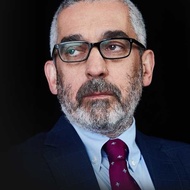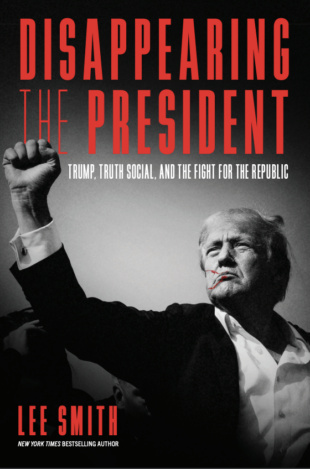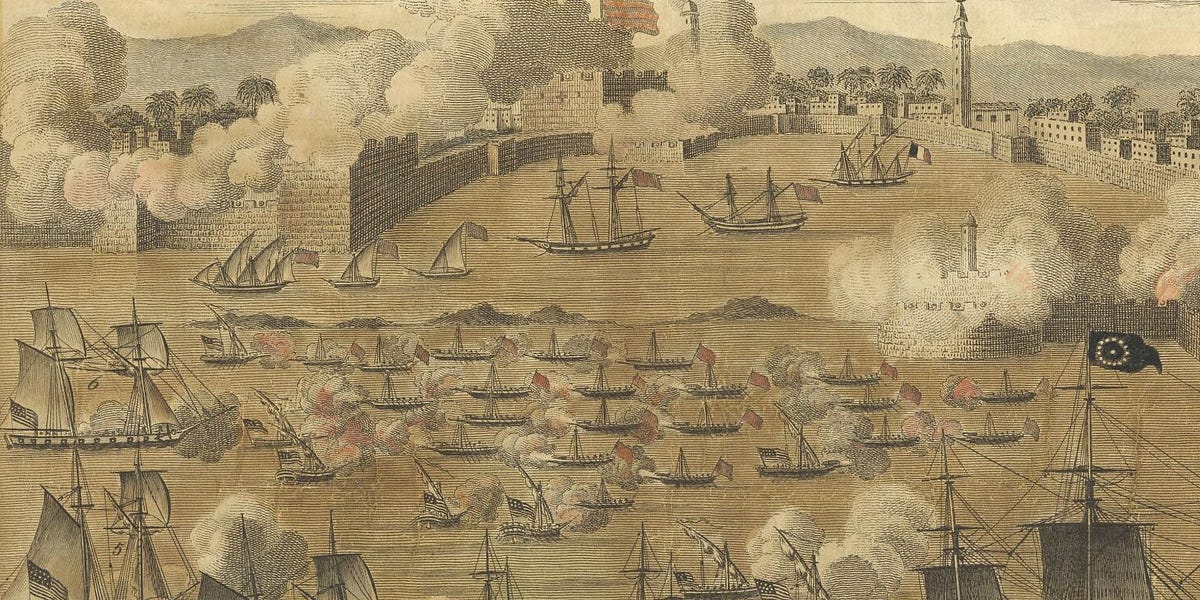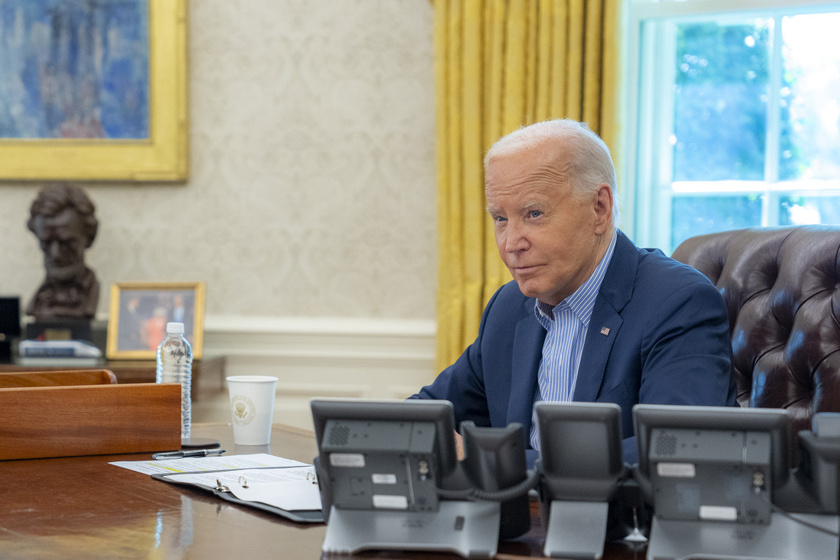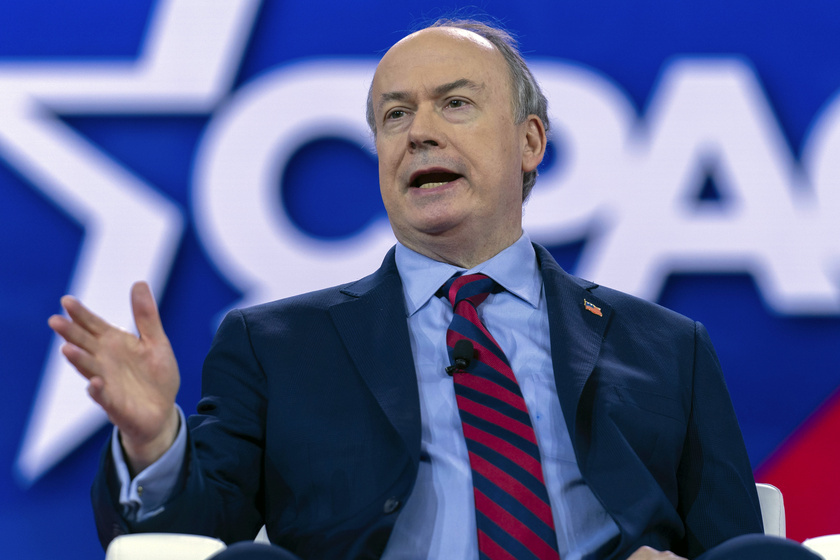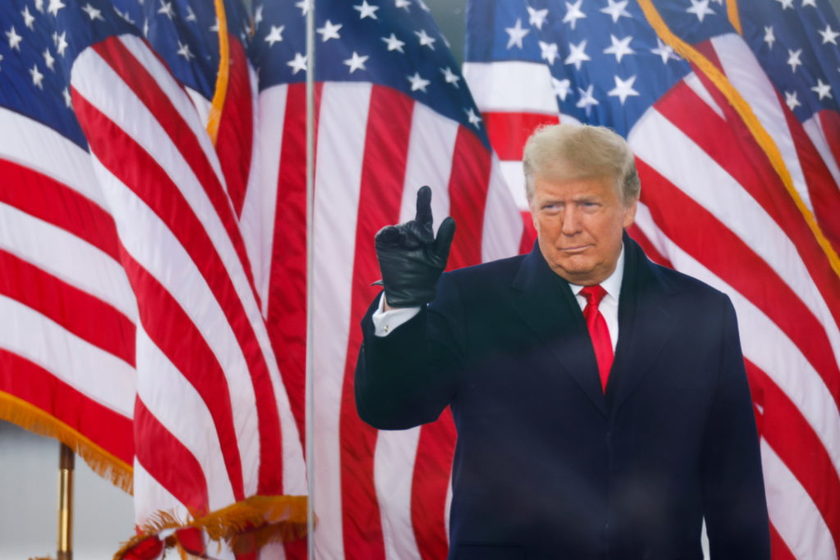
My friend Mark Granza put together a terrific feature for his great magazine IM-1776. He and his all-star editorial team — Daniel Miller, Benjamin Braddock, Lafayette Lee, and special guest editor Tiger Lilly — did a Q&A with the masterful TechnoFog and me and then published the conversation. Mark’s final question for me elicited a response so long I figured it was best to turn it into a separate piece. It’s about the institutions and industries that poisoned our political system and the forces that rallied to fight for the truth — including Devin Nunes, Kash Patel, Amanda Milius, Russiagate twitter sleuths, and a cast of millions. I’m posting below, with the second half available to supporters only, and in any case hope you’ll give it a read. I wish you and your loved ones a good Memorial Day. May God bless America and all those who gave their lives for us. LS.
The release of the Durham report represents a sort of end to Russiagate. Researchers will continue to study the plot against Donald Trump and publish newly found details of it in the coming months and years, I’m sure. But we’ve known most of the important facts for some time now, thanks to Devin Nunes’ investigation. It was a little more than six years ago that as chairman of the House Intelligence Committee he convened a press conference to say he’d seen evidence of spying on Donald Trump’s presidential transition team.
When he left the capitol building that day in March to tell the White House what he’d seen, the former congressman not only kicked off an investigation but also ignited a re-awakening, a kind of compulsory enlightenment that forced lots of Americans to open their eyes to see how bad it had become while we were sleeping. I was one of them. Sure, I’d heard Trump say that the ruling class was sticking it to middle-class Americans, but here was Devin Nunes with the evidence to prove it was true. The Durham report tells us little we didn’t already know — including the fact that if we want our country back, the federal bureaucracy isn’t going to hand it over, so we are going to have to do it ourselves.
It’s because no one has been held accountable for Russiagate that I think it’s especially useful to understand how it was built and deployed. It’s the essential template for all the subsequent campaigns targeting Trump, his supporters, dissidents, and the character of our constitutional republic — from Charlottesville and the first impeachment to January 6 and the Mar-a-Lago raid. I hope that knowing details about how this first effort worked may help us prepare for the inevitable assaults coming down the road. And it is no small thing to know something that may help us protect ourselves and our loved ones from a powerful political faction that aims to impoverish and disenfranchise more than half the country.
I started reporting on Russiagate shortly after Trump was elected, but like many of you I was first made aware of it in the summer of 2016 when various news articles sourced to unnamed US officials suggested that the GOP candidate had suspicious ties to Russia. It was my friend and Tablet Magazine colleague Tony Badran who first remarked to me how strange this conceit was.
Tony is a great political analyst who learned how to read closely, line by line, as part of his seminary training. Instead of becoming a priest he decided to write on the modern Middle East. He’d been writing on the Syrian war since it began in March 2011 and was following closely the Barack Obama administration’s strategic realignment in the region, especially how the White House had invited Russia to plant its flag there for the first time in decades.
Obama’s signature foreign policy initiative was the Iranian nuclear deal and to preserve it required his respecting, as he put it, Iran’s “equities” in Syria. In translation, that meant keeping US regional allies from toppling Syrian president Bashar al-Assad, Iran’s ally and the central node in its weapons supply line to the Lebanese terrorist group Hezbollah. From Obama’s perspective, when Russia intervened to support Assad, it also protected the nuclear deal. Vladimir Putin was Obama’s Middle East Fixer.
If Obama’s relations with Putin seem extraneous to the core Russiagate story, the point is that by the summer of 2016, the entire US national security and foreign policy establishment understood that no president in American history had ever compromised US interests and allies the way Obama did by integrating Russia into his plan for the Middle East. And yet the rumors tying Trump to Russia continued to circulate throughout Washington, DC. It seemed the only rational explanation was that the Trump-Russia whisper campaign was yet another echo chamber project designed to deflect attention from what Obama himself had done. Of course, we later learned there was more to it than that.
Another Tablet colleague, David Samuels, wrote the definitive piece on the echo chamber and the Obama aide who managed it, Ben Rhodes. If you want to know how the Obama faction and their allies in the national security establishment have taken control of America’s communications infrastructure to poison our public sphere, you should read David’s great piece. It’s worth noting that his May 2016 article is likely the last piece of genuine journalism the once-esteemed New York Times will ever publish.
That the New York Times became a leading Russiagate organ is evidence of how Obama turned the media into an arm of the intelligence apparatus. The Times had been covering Trump since the mid-1970s. It was the central pillar of a NYC press corps whose obsessive coverage of the real estate magnate’s every move, professional and personal, helped build his world-famous brand. But it’s not as though the media were just reprinting PR releases, for other parts of the press were looking to cut him down to size.
The industries he worked in, especially casinos and hotels, were famously penetrated by organized crime, a fact that naturally got the attention of investigative reporters, like Wayne Barrett, whom I worked with at the Village Voice. He wrote the first, and highly critical, biography of Trump. If there was evidence of serious criminal corruption in Trump World, investigative journalists, as well as the New York Police Department and the FBI’s NY field office, would have come down hard.
Because the Times had spent more than 40 years obsessing over Trump, it effectively vetted his presidential run. The story invented by Obama’s spy chiefs, the Clinton campaign, and the Times, among other prestige press outfits, is not only absurd but evidence that the Paper of Record had repudiated its past record. You say that the most public and most publicized man in the world’s media capital “colluded” with Russian officials? And you missed it?
Russiagate wasn’t real is why it wasn’t uncovered by investigative journalists; it was fed to national security reporters. To cover national security honestly, a conscientious journalist starts with the understanding that most sources on their beat are not only trying to use the press to advance their bureaucratic position but are also trained to lie — they’re spies. With the Obama White House, skepticism and common sense became professional liabilities. Most national security reporters had no choice but to accept what Ben Rhodes’ shop handed out, because if they crossed Obama, they’d get cut off from the information stream. National security reporters either served the echo chamber or had to find another job.
Granted, most of the Washington press corps was happy to advance Obama’s agenda, regardless of how that relationship corrupted the media and how his policies damaged the national interest. But it’s important to see the political and professional arrangement that gave rise to Russiagate and how it metastasized throughout the media. Once journalists outside the national security beat saw Russiagate as a path to advancement and even celebrity, they all wanted a piece of it. As a result, the press as a whole adopted the scruples and habits of the culture that plotted Russiagate — the national security establishment. America’s once independent press became the propaganda arm of US spy services because Barack Obama incentivized it.
The media knew from the beginning that Russiagate was not a real story but an instrument to destroy Trump. This fact is crucial to understanding what’s happened the last seven years because there are still many pundits on the right, and a handful on the left who covered Russiagate honestly, who think that the media got the story wrong and should make amends to US news audiences that they misled for nearly a decade. It was never a story, it was an intelligence operation; and the press didn’t fail, its success was so spectacular that it nearly toppled a president.
The media’s role in Russiagate was indispensable. First, it was the platform for the operation itself, with the FBI and others regularly leaking information to the press to prosecute the campaign against the president. Even more significantly, it gave the conspirators cover. Without the media generating enormous popular support for the Trump plot, there is little chance a small cadre of spies would have risked their reputation, their liberty, and maybe their lives by attempting a coup against an American president. But had they, the criminals would have been isolated, discovered, betrayed by colleagues fearful of finding themselves also caught in the dragnet, denied access to the US public in front of whom they might plead their case, and buried in a black hole.
If that scenario, an America without media, sounds implausible, these are precisely the conditions that the Biden Justice Department has invoked to frame January 6 defendants as “insurrectionists” and win convictions for charges like “seditious conspiracy.” The political and national security establishment has imposed a media blackout so that the public at large is unaware that the Joe Biden White House has turned the law into a weapon to destroy its political opponents.
